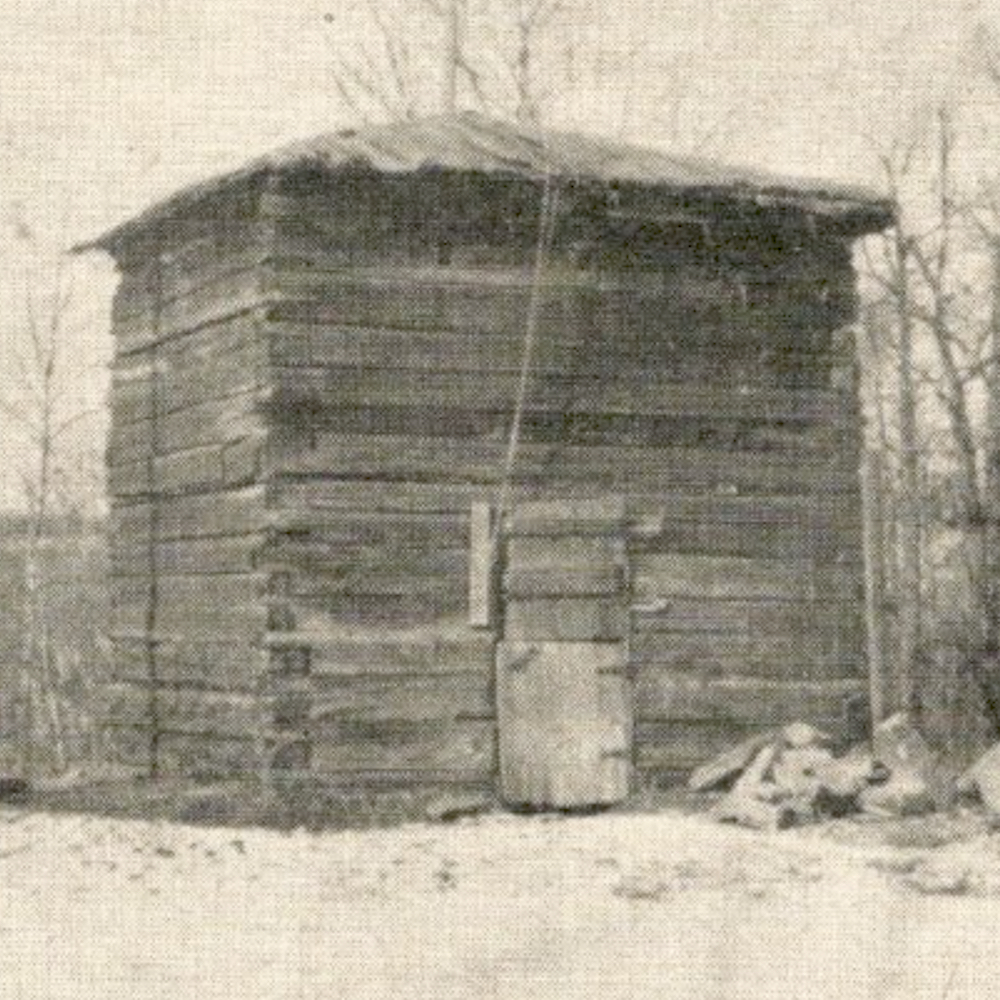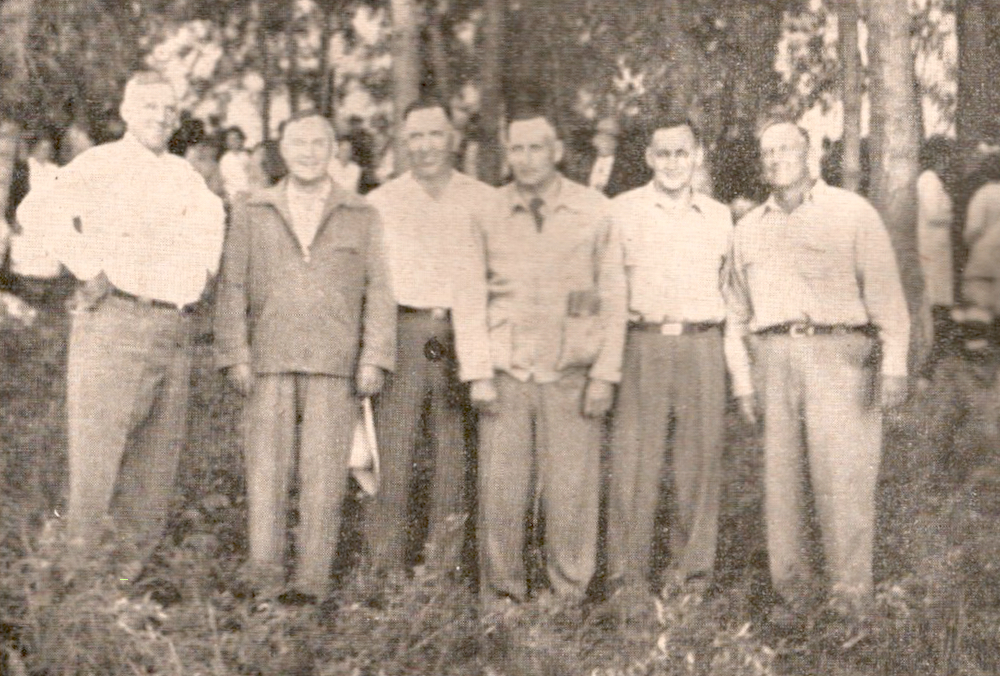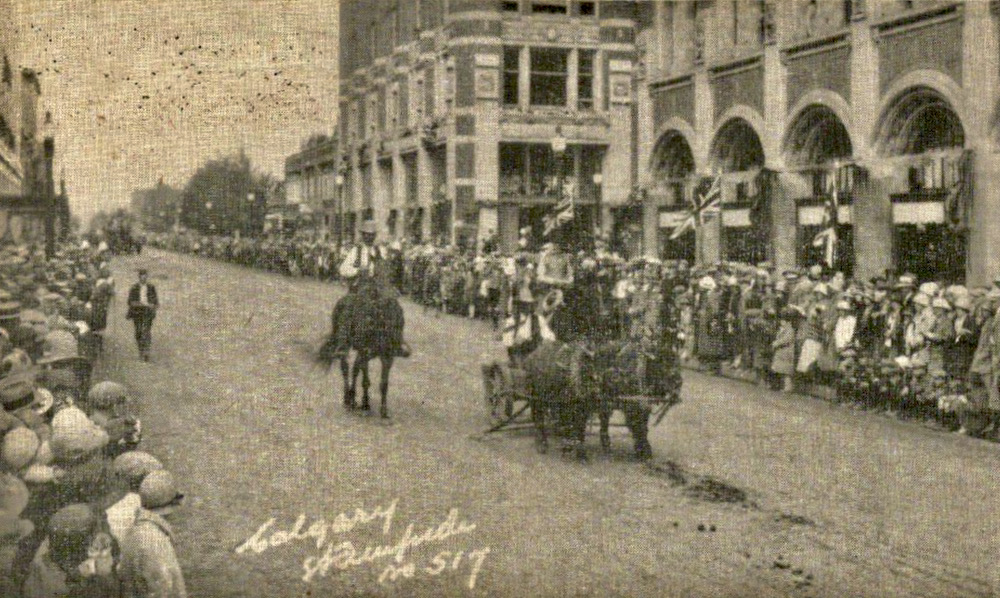By Kenneth Coppock
On December 31, 1953 the ownership of Canadian Cattlemen will be transferred to the Public Press Limited of Winnipeg, Man., owners and publishers of the Country Guide. We have been informed the publication will be continued by the new owners, honouring its traditions under its present name, Canadian Cattlemen. It will be published monthly with Frank M. Jacobs, a highly respected name in the range country, as editor.
I suppose it is but natural for an editor who is confronted with the necessity of writing his last editorial, to look back over the years of his stewardship, especially since the present editor was the creator and has been the sole owner of this publication since its commencement.
Read Also
History: Reminiscences of the North West Rebellion, 1885
Reminiscences of the North West Rebellion, 1885By Annie L. Gaetz ‘The seat of the North West Rebellion of 1885, was…
My feelings are somewhat akin to those of a proud parent who, being responsible for a newly-born child and having cared for it through its first critical years, having held it to certain principles, now shifts it, a rapidly-maturing youth, to new and experienced hands for further development.
The “birth” of this child was in March 1938, when I resolved that what Canada’s Beef Cattle Industry needed was a publication which would put into print for posterity, the traditions arising from the experiences of those who pioneered the industry and which, at the same time, would develop an industry-consciousness and an appreciation by the beef producers themselves of the importance of the industry in Canada’s national economy.
Next came the necessity of a suitable name. “Cattleman?” No, the name was too singular. “Cattlemen?” That was more to my liking as it suggested that we were all together, working for a bigger and better industry. By the same process of reasoning the qualifying adjective “Alberta” was mentally discarded and the word “Canadian” was chosen. So the publication was given the name Canadian Cattlemen, and its first appearance in this world was June, 1938.
It was launched at a time when Hitler and Mussolini were rattling the sabre in Europe, when nations were apprehensive over the peace of the world. Business men were uncertain as to what the future held. It was a case of plodding on from quarterly issue to quarterly issue, building, building, building; and then the war, almost before the infant periodical was out of its crib and reverberations around the world, the impact on business and men’s thinking. Wartime restrictions on the cattle industry, which it was designed to serve, restrictions on the volume of paper available, careful and correct industry practices, Wartime Prices and Trade Board regulations, tax principles and directives and a host of other subjects unremittingly crowded into the first ten years of life. All the time, the glamor, the worthwhileness of the industry and its men, the trials and work of the pioneers were not forgotten — numerous freelance correspondents saw to that.
Came the victorious conclusion of the war and the anxiety of many over the possibility of a post-war depression. Then came the realization that with the expenditure of billions of dollars furnished principally by the United States under the Marshall Plan and Canada under Mutual-Aid, there was more danger of inflation than of depression. Rising rents, salaries, paper and printing costs and the great and insistent demand from readers for a more frequent issue beset us. “It’s wonderful but it doesn’t come out often enough,” was the common cry. The publication now had eleven years behind it and was growing fast. To publish every other month or to take the plunge and make it a monthly? Finally came the decision in August, 1949. The young publication needed much attention. It was a case of presenting it once a month for an audience which was expanding and included Canadian Westerners, Down-Easterners, Americans, Britons, Australians, Argentinos and library representatives from points scattered all over the world.
It may be usual for an editor writing his valedictory editorial to give advice, but it seems I have been doing just that upon request most of my life. Always it was given without material recompense and always with sincerity. If I am permitted to give advice now it would be somewhat as follows:
First and foremost, know the history and traditions of your industry as the backdrop to your present operations. Do not be bound entirely by them because we are in a dynamic world, but to know them and perhaps to tie to them when the going gets rough, and new and untried theories are advanced, may prove helpful.
You may discard many of your inherited characteristics and philosophies, but I for one, will forever be disappointed if you surrender your tradition of individual enterprise — your right to run your own business in your own way and the right to have something to say in the marketing of the product of your toil. Let yourselves be the source of authority of grass-roots thinking, and resist anything and everything which through socialistic or other theories pour down from above the blessings which you are to enjoy. Time has proven beyond doubt that these blessings derive only from personal planning and downright hard work.
Be informed on all new methods and devices and develop a creative attitude yourself. Many of the finest inventions have come from rural people. Lessen your production costs, constantly improve the quality of your stock, modernize your home, be fair with your children to hold their interest in your ranching operation, support their junior clubs, lend assistance to your schools and community activities. In short do everything which will make your way of life something to be desired by all.
And above all, have vision, faith and patience — vision to see that Canada’s Beef Cattle Industry has a growing and permanent place of importance in Canada’s national economy, faith that your conclusions are correct, and patience to see that your vision and your faith are given time to become actualities. The soundness of the industry has been made manifest this summer and fall. Its future is beyond doubt.
‘Our History’ is curated by former Canadian Cattlemen editor, Gren Winslow.















